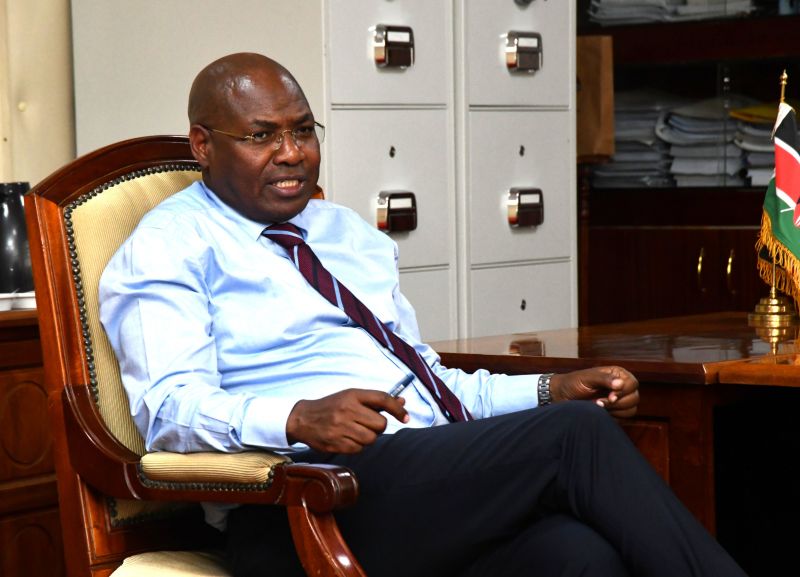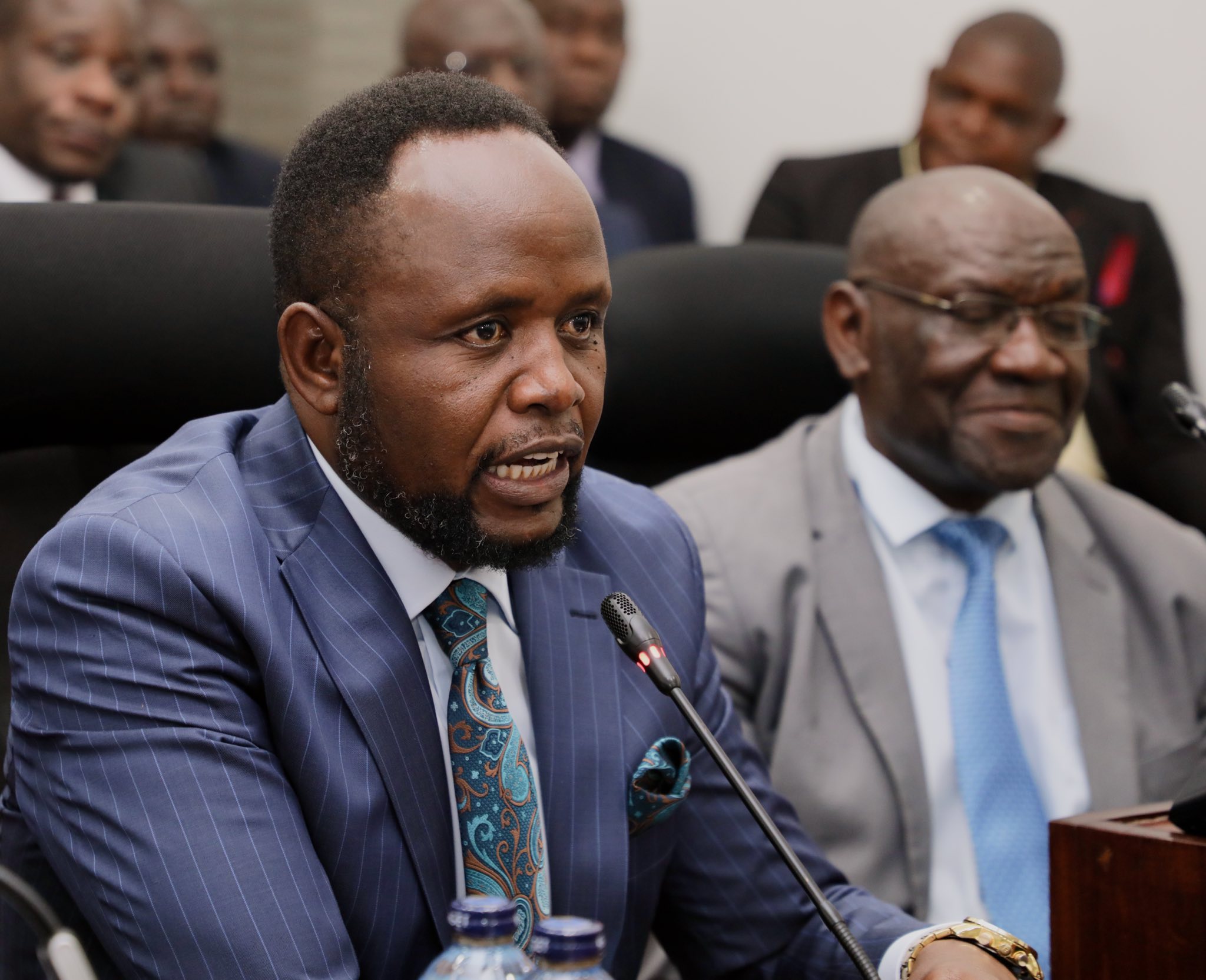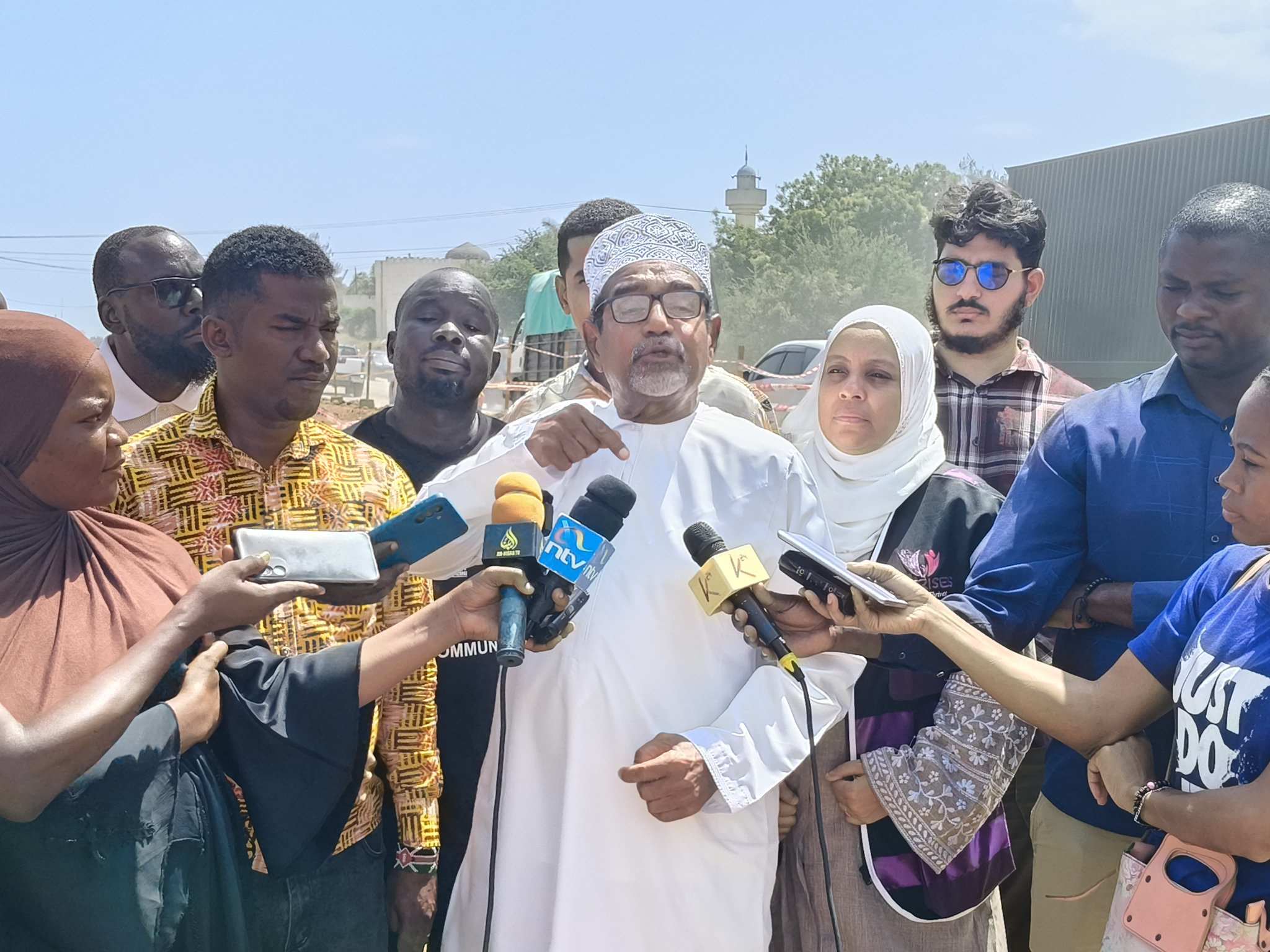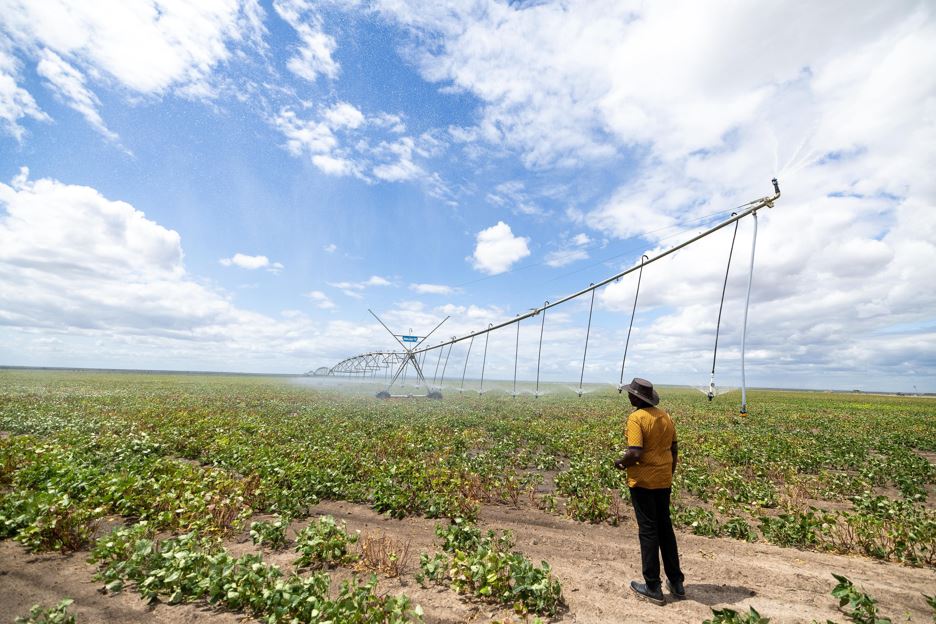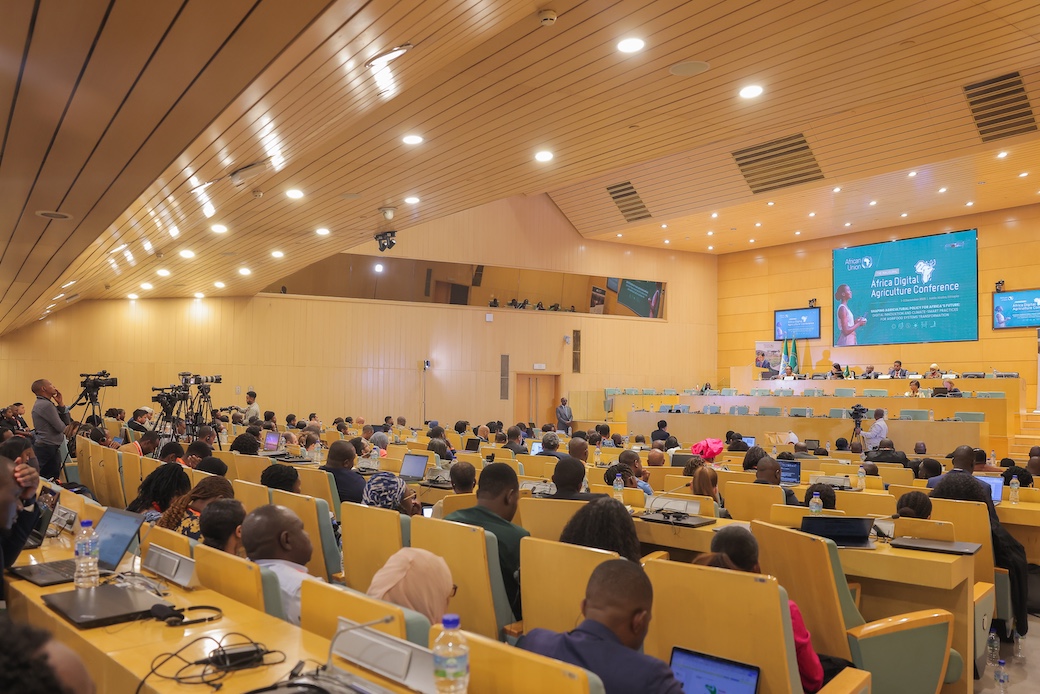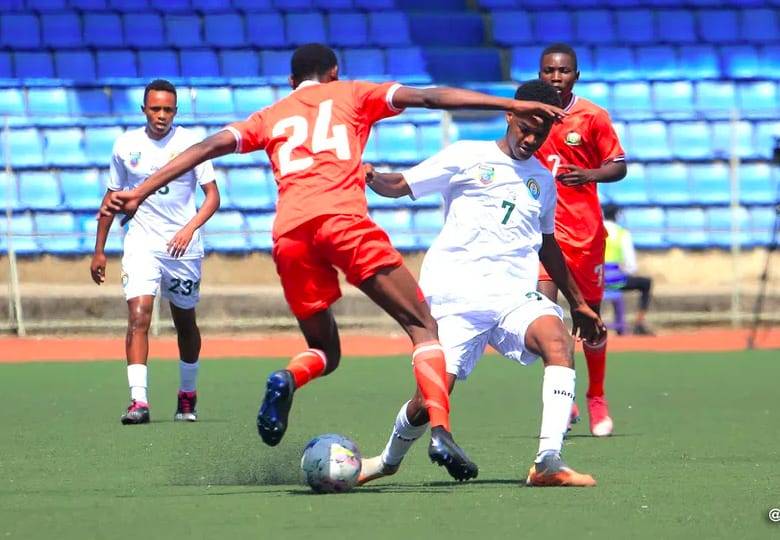Ibrahim Traoré’s power play: Image, influence and the reality of Burkina Faso’s security woes
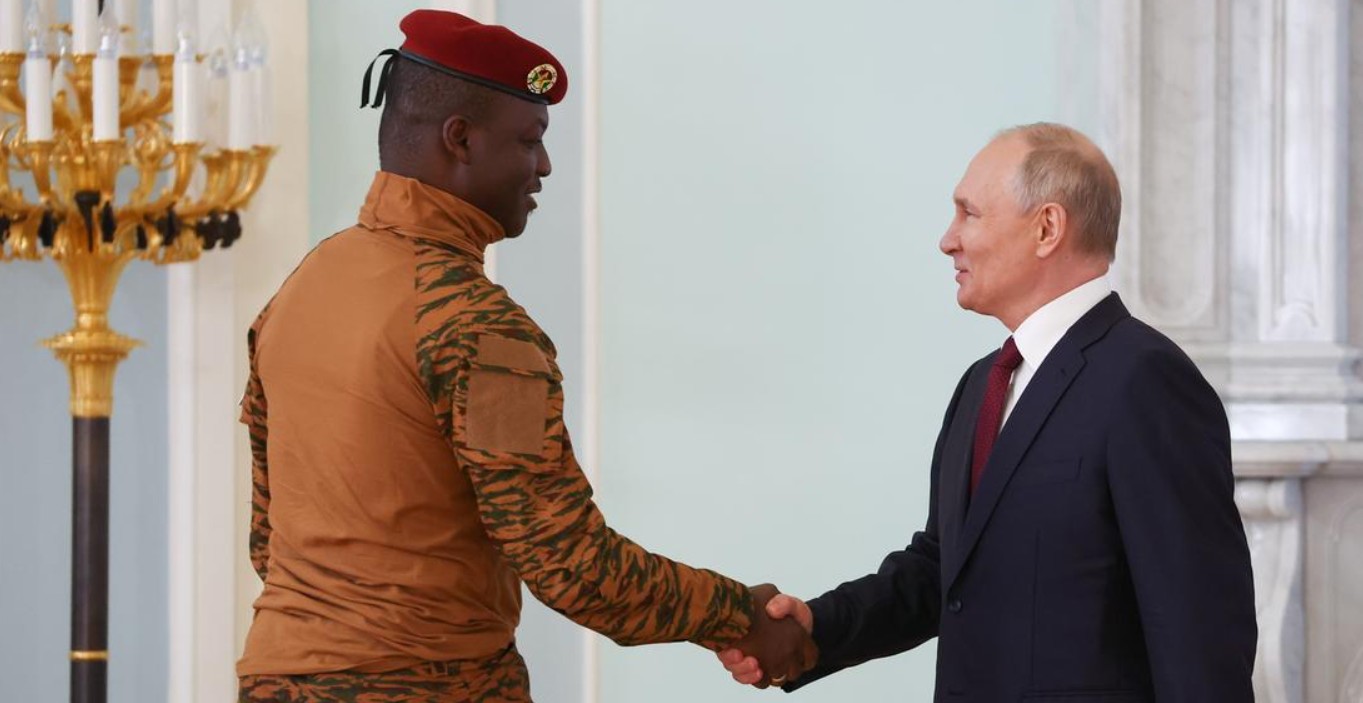
Burkina Faso’s military ruler is celebrated online as a pan-African revolutionary, but at home he curtails civil liberties, criminalises homosexuality, and stifles dissent.
In the three years since Captain Ibrahim Traoré seized power in Burkina Faso, he has become something of an internet sensation. On social media, he is often likened to the iconic leaders of Africa’s independence movements. Yet human rights organisations paint a starkly different picture. How can these two realities be reconciled?
Burkina Faso entered a new chapter on September 30, 2022, when military officers led by Captain Traoré staged a coup. His predecessor, Paul-Henri Sandaogo Damiba, had only months earlier toppled the country’s last democratically elected president, Roch Marc Christian Kaboré, and declared himself head of state.
More To Read
- Nigeria provides safe haven for Guinea-Bissau opposition leader as coup crisis deepens
- Guinea-Bissau military takeover after disputed election sparks ECOWAS action
- Wave of coups in Africa: What President Paul Kagame thinks
- African Union suspends Guinea-Bissau over coup
- Deposed Guinea-Bissau President Umaro Embaló flown to Senegal as coup deepens
- ECOWAS suspends Guinea-Bissau after post-election coup
Traoré justified his takeover by citing the escalating threat of terrorism. He vowed to defeat extremists within six months and to hold democratic elections within a year.
Consolidated power
Neither pledge has been met. Instead, Traoré has consolidated power: restructuring the military, appointing loyalists to key positions, and silencing opposition voices and the press. Just six months into his rule, he declared that elections were “not a priority.”
He also redefined Burkina Faso’s foreign policy. In January 2023, he ordered French troops — once central to the country’s counterterrorism efforts — to leave.
Traoré then aligned himself with Mali and Niger, two other military-led regimes, creating the Alliance of Sahel States (AES). Together, the three withdrew from ECOWAS and the G5 Sahel security framework, while forging closer ties with Russia, which now provides political and rhetorical support.
Despite these shifts, Traoré has yet to deliver on his central promise: defeating terrorism. On August 24, 2024, militants attacked the northern town of Barsalogho, killing hundreds of civilians. The security situation remains precarious.
Jihadist armed groups
"An estimated 70 per cent of the country is under the control of jihadist armed groups — or at least beyond the effective control of the government," said Paul Melly, a Sahel expert at Chatham House in London, speaking to DW.
This makes Traoré’s justification for the coup — restoring security — all the more questionable. The government has increasingly sought to downplay reports of attacks and casualties.
Ibrahim Traoré: The social media 'star'
Meanwhile, a very different image of Traoré dominates social media. Platforms such as Traoré Vision and Traoré Builds Africa portray him as a charismatic leader who is “shocking the West” and executing “secret masterplans” to transform Burkina Faso into a pan-African economic powerhouse.
"Internationally, Traoré has crafted the image of a young, dynamic revolutionary standing up to the former colonial power, France," Melly notes. "And he really does have enormous reach on social media."
This carefully cultivated persona contrasts sharply with perceptions of a complacent and disconnected political class. Central to Traoré’s image is his anti-French, anti-Western rhetoric, which often references Thomas Sankara — the revered 1980s Burkinabé leader who championed radical independence from France before being assassinated in 1987. His successor, Blaise Compaoré, steered the country back toward France-aligned policies.
According to Justin Yarga, an exiled Burkinabé journalist now based in Sweden, Traoré and his allies deliberately deploy media campaigns to distract from domestic shortcomings, especially their failures against terrorism.
Top Stories Today




